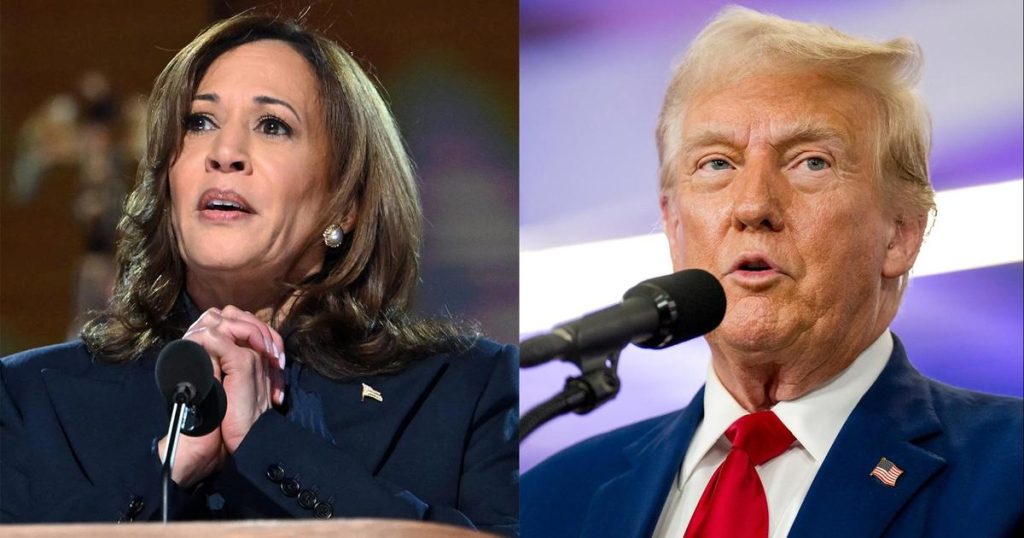Presidential candidates often introduce new tax proposals during their campaigns, with candidates Kamala Harris and Donald Trump presenting contrasting plans this year. Trump aims to extend the tax cuts from the Tax Cuts and Jobs Act, which benefited most Americans with the largest benefits going to higher earners. He also plans to eliminate taxes on tips and Social Security income, while lowering the corporate tax rate. Vice President Harris, on the other hand, proposes more generous tax benefits for families and an increase in the corporate tax rate to offset spending from larger tax credits.
These proposals reflect different approaches to supporting U.S. families and promoting economic growth. Trump’s plan would provide tax cuts for all income groups, with the biggest gains going to higher-income Americans. In contrast, Harris’s plan would primarily benefit lower-income Americans while increasing taxes on top earners. Both plans come with significant costs, with Trump’s corporate and individual tax cuts projected to add $5.8 trillion to the federal deficit over the next decade, compared to $2 trillion for Harris’s plan.
The Harris-Walz campaign has criticized Trump’s tax policies for potentially leading to a significant increase in the federal deficit. Both parties’ plans, according to Kent Smetters, would contribute to the growing fiscal burden of the nation. The Federal budget deficit is projected to reach $1.9 trillion in fiscal year 2024, representing a 27% increase from previous forecasts due to additional funding for countries like Ukraine and Israel. Economists warn that high deficits can lead to increased national debt and higher interest payments.
While deficits may not directly impact taxpayers, they signify that the country is spending more than it earns through taxes, leading to an increase in national debt. Economists warn that continually increasing debt could raise doubts in capital markets about the government’s ability to manage debt through tax increases or spending cuts. Smetters suggests that the candidates are not addressing the issue seriously, with the country on an unsustainable financial path that could harm the economy.
In conclusion, the tax proposals of Harris and Trump present contrasting approaches to addressing the financial needs of Americans. Trump’s plan focuses on continuing tax cuts and providing benefits to higher-income individuals, while Harris aims to offer more tax benefits to lower-income families. Both plans come with significant costs and would contribute to the nation’s growing deficit and debt levels. Economists stress the importance of addressing these issues to avoid negative consequences for the economy in the long run.


